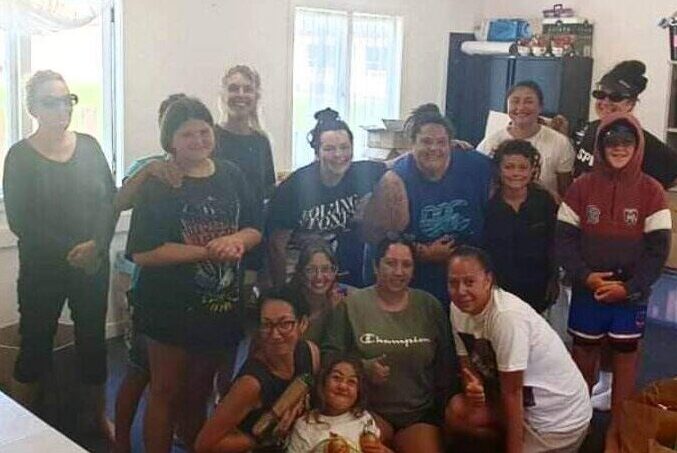NZNO kaiwhakahaere Kerri Nuku and her whānau were among those caught out by flooding in Omahu, a township northwest of Hastings.
‘This is life-saving treatment, it’s not like you can just miss an appointment. If you don’t get dialysis, you die.’
Hawke’s Bay nurses are extremely concerned about maintaining critical dialysis services for those isolated in their homes, cut off by flooding, road closures and phone outages.
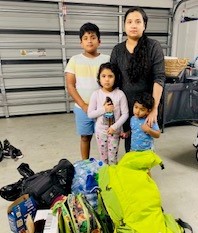
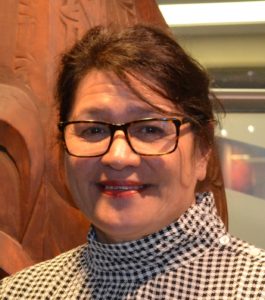
Many health services are managing with severely reduced care as flood-affected staff are dealing with the loss of their homes, or simply can’t get to work due to road closures.
Nuku said her family had to abandon their home when a creek next door burst its banks and flood waters overwhelmed the Ngaruroro River on Tuesday.
“The speed at which the floods occurred was terrifying and checking in on whānau to ensure their safety was extremely difficult when all mobile services, supermarkets and eftpos were down.”
Communicating with Kaitiaki via text on Wednesday, Nuku said her whānau had taken refuge with another family member, as their own home was “uninhabitable”.
‘The speed at which the floods occurred was terrifying and checking in on whānau to ensure their safety was extremely difficult when all mobile services, supermarkets and eftpos were down.’
She thanked the marae and community services, councils, and emergency services “for the selfless mahi you did to help the displaced and trace down missing family members” and acknowledged those who had tragically lost their lives.
“To the health-care workers who provided voluntary mahi to help with the health cares — thank you!”
Many NZNO members are on high alert, with their households ready to evacuate.
Thames Hospital acting inpatient charge nurse Anoopa Anthony said she and her husband had packed their bags and been anxiously monitoring the course of the cyclone.
“When we got a mobile alert [about the progress of the cyclone] and were packing, my kids were panicking and my girl was crying.”
With childcare and schools closed, Anthony was sharing the care of her three young children with her husband — and covering her shifts as well.
On Monday, the inpatient medical unit was full with 37 patients, with many unable to be discharged to their flood-affected homes. About eight staff were unable to work.
With day surgery cancelled for the week, theatre staff helped fill gaps in other parts of the hospital.
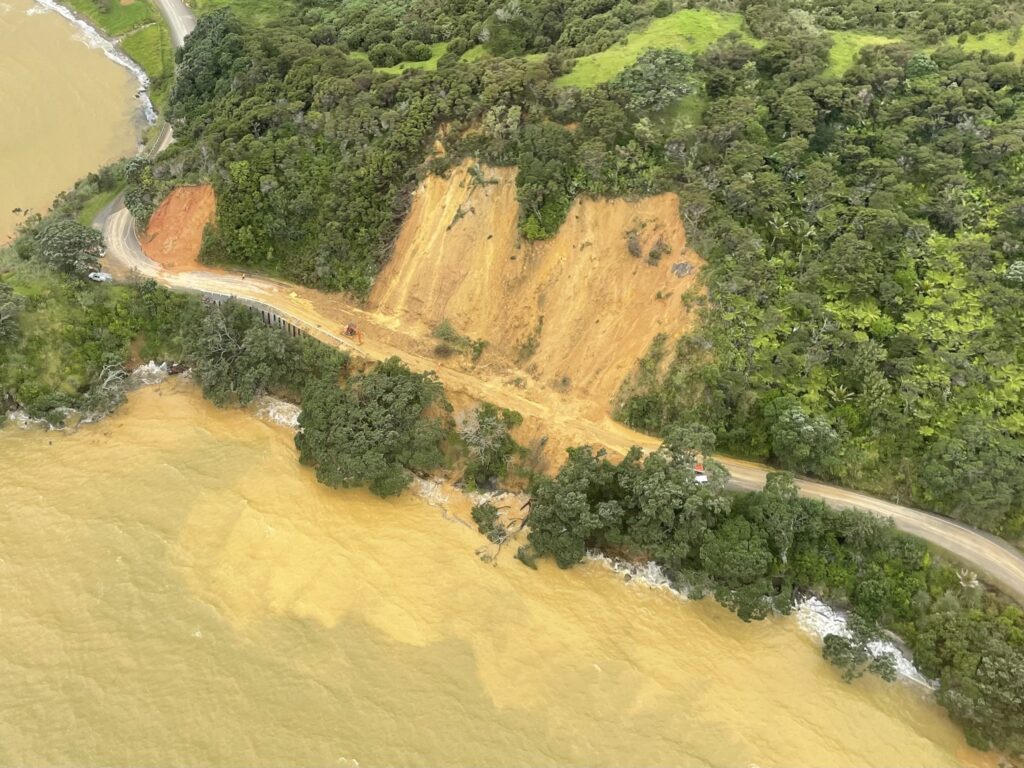
But Anthony was concerned about staffing when surgery lists were resumed, with road closures likely to continue for many months, affecting travel for staff who lived on the east coast of the Coromandel peninsula.
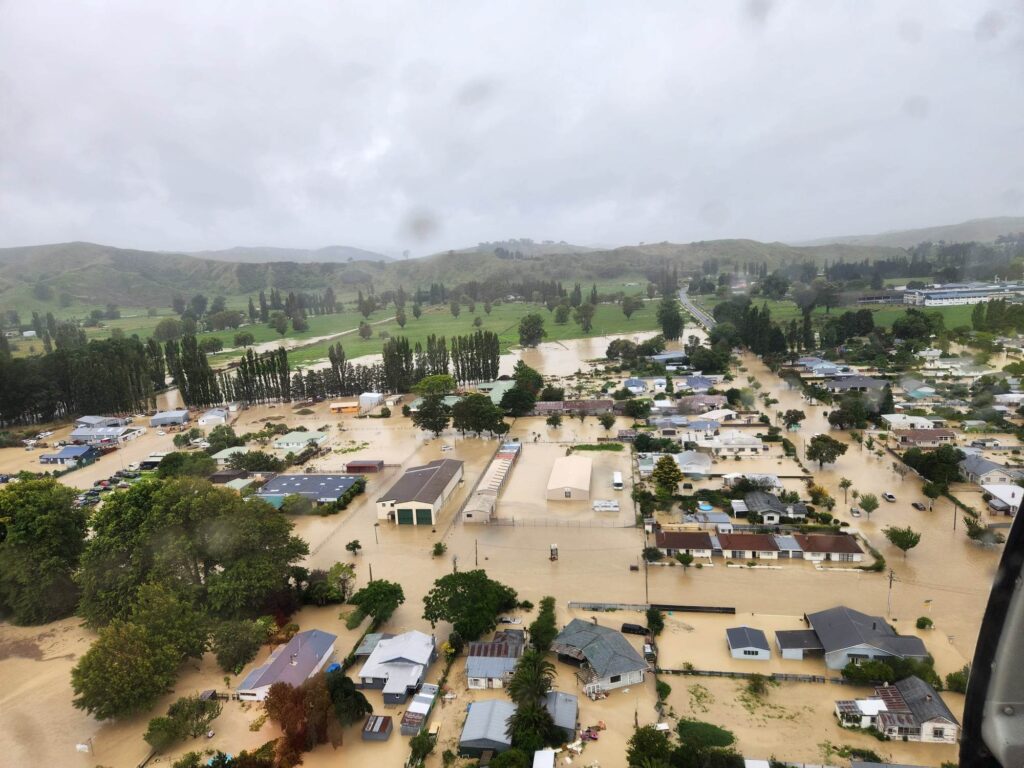
NZNO delegate Noreen McCallan, a nurse in Hawke’s Bay Hospital’s dialysis unit, said patients had been cut off from the critical service.
“This is life-saving treatment – it’s not like you can just miss an appointment. If you don’t get dialysis, you die,” McCallan told Kaitiaki. “They’re helicoptering them in – but as of yesterday we weren’t able to get a helicopter.”
On Monday, after a long wait for a chopper, staff were able to bring in 10 of the most urgent patients.
“Yesterday we had 10 people possibly in a life-threatening situation – [and] managed to get them all in,” said McCallan. However, she remained concerned for patients in more remote areas such as Wairoa and central Hawke’s Bay.
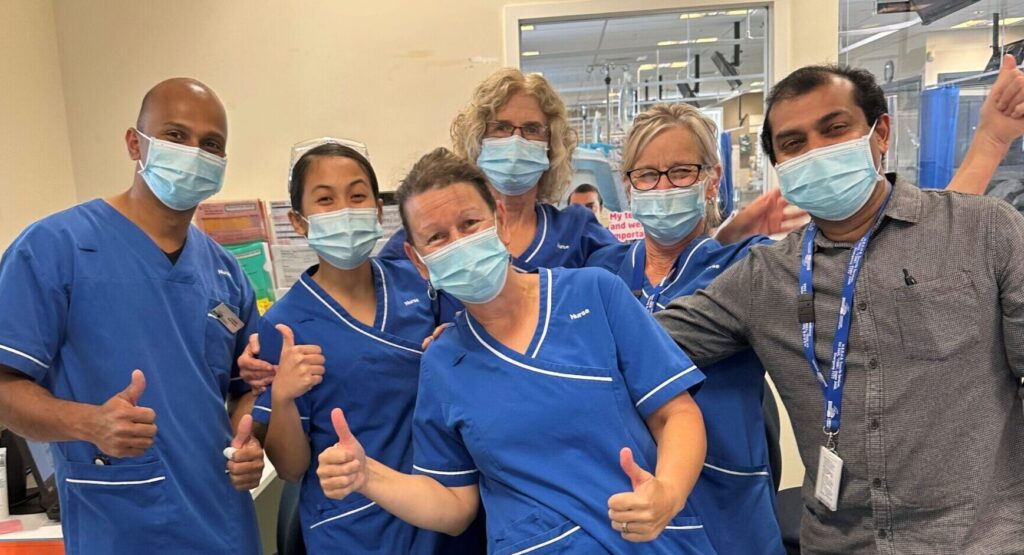
Helicopters were also transporting acute patients from Napier – where the health centre had been transformed into an emergency clinic – to Hawke’s Bay Hospital in Hastings, which was nearly full, she said.
But she was not sure how the patients would be able to return home safely after being discharged, as all motels near the hospital were full.
The hospital was under extreme pressure with about half the staff unable to work — some because their homes were flooded, and others from areas cut off by flooding or road damage.
“As usual, nurses are doing more than their fair share in a crisis. Anyone who can get to work is getting to work, but a lot of our staff are stuck in Napier and can’t get to work,” McCallan said.
“We’re just as much affected as the patients are – lots of people have been evacuated . . . At the minute, we are locked in and can’t get north or south.”
Auckland primary health Māori nurse lead Gina Pikaahu put out a karanga (call) through NZNO’s Te Rūnanga o Aotearoa for nurses to help residents evacuating from Port Waikato, about 100km south of Auckland.

Port Waikato had been particularly hard hit, with landslides, surging tides and “water flowing from the mountains onto the road next to the Waikato River”, Pikaahu said. Community organisations rallied, distributing kai, essential survival equipment and blankets to whānau.
Pikaahu said the Waikato-Auckland region had been dealing with disasters for nearly a month now.
“Everybody has just been doing the best they can.”
She had been up working the best part of 72 hours from Saturday to Monday, after taking time out from her normal role as lead nurse Māori at an Auckland primary health organisation, to come and help affected communities.
“We’re very blessed, we’re brought up with the Waikato River. We’re what we call the river people – so we know how to handle water. But when it’s from the sky and the hills and the ocean, well then it’s the full whirlpool, eh.”
